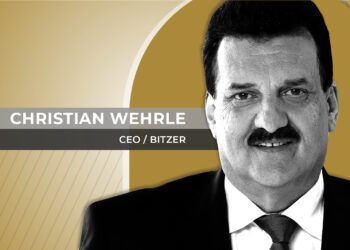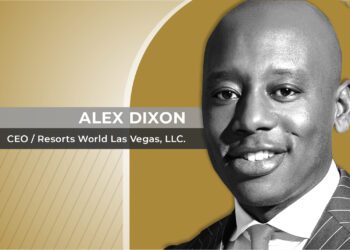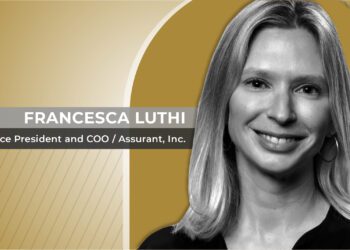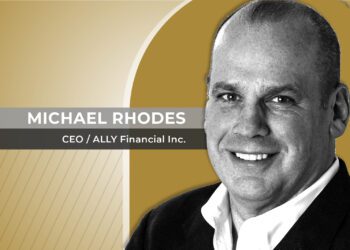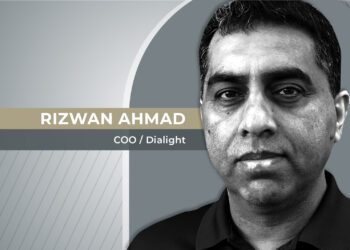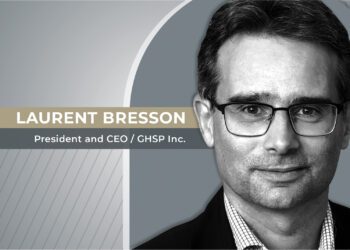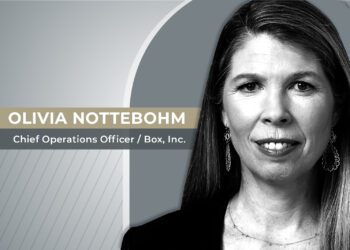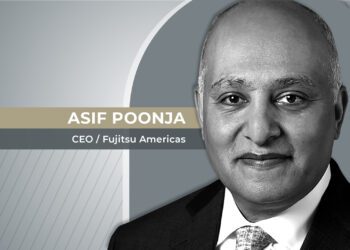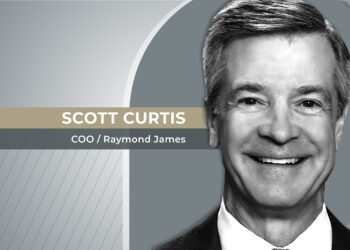Jeff Feeler, CEO of US Ecology, explains the steps taken to better serve customers in a new age of sustainability.
When Jeff Feeler stepped into into the role of president and CEO of US Ecology in 2013, his primary goal was to transform the environmental services company from a regional provider to a truly national player. He saw the potential in the strong foundations the company was built upon, but there were several key challenges to address—and a great deal of hard work to be done—if the vision was to become a reality.
“It was going to entail acquiring additional disposal facilities in the east and for us to promote and change how we go to market, reinforcing why we exist as a company,” Feeler told CEO Magazine in an exclusive interview. “The third thing I wanted to focus on was building the best company with the best culture out there. Building a culture which attracts the best team members throughout the industry helps us better support our customers, as well as our stakeholders and the communities we serve.”
US Ecology, Inc. is a leading provider of environmental services to commercial and government entities. The company addresses the complex waste management and response needs of its customers, offering treatment, disposal, and recycling of hazardous, nonhazardous, and radioactive waste, emergency response and stand-by services, and a wide range of complementary field and industrial services. US Ecology’s focus on safety, environmental compliance, and best-in-class customer service enables it to effectively meet the needs of customers and to build long lasting relationships with its partners. In 2018, the company had revenues of more than $566 million and approximately 1,800 employees.
In November 2019, US Ecology closed its merger with NRC Group Holdings Corp., a national leader in comprehensive environmental, compliance, and waste management services, which marks a major turning point in the history of the company, effectively doubling its size and providing a host of potential new business opportunities.
“We reported revenues of about $566 million in 2018,” Feeler explained. “With the merger, on a pro forma combined basis we’ll be at just under a billion dollars. As a result, for the next three years or so, we’ll be focused on integration and continuing to cultivate our company culture. In the long run, our culture will give us a lot of leverage to drive growth and position us to win in the market.”
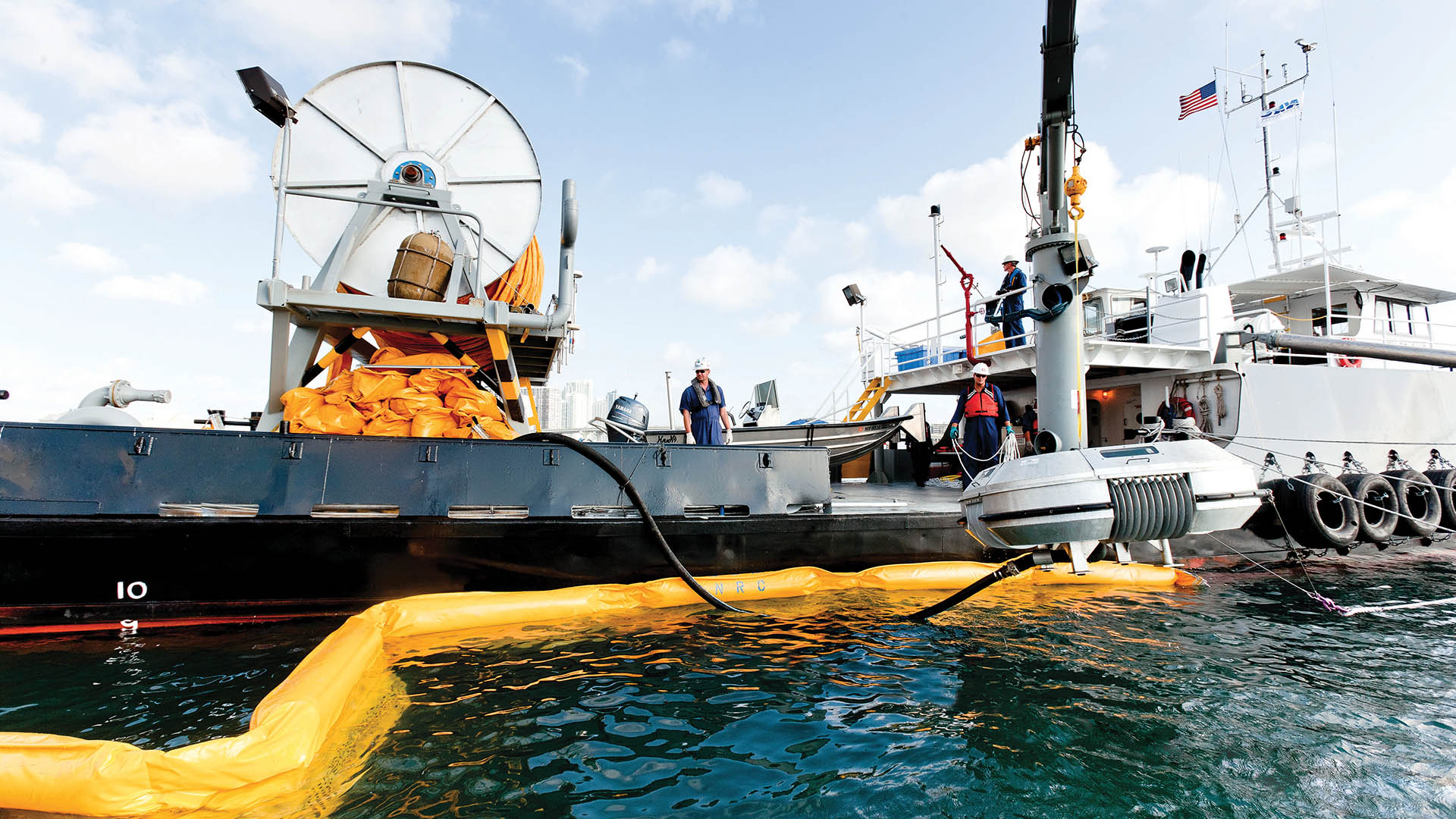

The NRC Merger
US Ecology describes its mission as managing the inherent environmental risks of its business customers with a commitment to continuous improvement of processes and operations. The company also focuses on safety, environmental compliance, and best-in-class customer service, enabling it to build long-lasting relationships with a wide variety of clients. Feeler described how a clutch of assets acquired over the past six years—landfills and disposal solutions and recycling facilities—have put US Ecology in an enviable position in this industry.
“It’s taking that position, building out our core team, and focusing on compliance, our culture, and our brand so our customers have certainty in who they’re doing business with,” Feeler stressed. “And it also gives us the opportunity to look forward, especially at those unique technologies that are on the cusp of coming out and how we can utilize them to enhance recycling capabilities, improve efficiency, and provide more sustainable services.
“As far as the merger with NRC Group, we have combined two industry leaders, which will enhance our market position and give us the capability to offer a host of complementary services with little overlap. We’re known for our hazardous waste management and our disposal and recycling services; NRC is known for its emergency response, remediation and industrial cleaning services, and standby services for ports and waterways. Combined, we now give our customers a one-stop shop.”
Operational efficiencies
Feeler’s tenure has seen US Ecology focus heavily on improving its operational efficiencies. In his view, deploying new technology as it becomes available has been key to this process. The company has been working on an enterprise resources planning, or ERP, system for several years with a view to expanding its IT capabilities and being able to make decisions and advise its customers in a quicker and more effective way.
“In the past, we maybe went under the radar as we focused on delivering quality service and solving problems for customers,” Feeler admitted. “As we look to extend our market position, we will be investing for growth. For example, we will deploy transportation logistics routing systems on a number of our service lines with a view to creating operating efficiencies in our collection, packaging, and transportation of waste from point A to point B. One of the keys to this is looking at waste data and classification systems to help our customers analyze their waste management practices and identify strategies to improve sustainability. And finally, it’s the ERP system as a whole. Our IT roadmap is pretty full now, looking at trying to get a fully integrated system that has dashboards, metrics, and valuable tools for both our customers and ourselves. This is what every CEO wants to see for their company, but it takes time to get there.”
Adding value at every step
Feeler views US Ecology’s greatest strength as its ability to add value to its business clients— the majority of whom are industrial players— through playing a critical role in their supply chains and providing key environmental services so they can focus on manufacturing, while also helping them meet their sustainability goals.
“We add value by providing compliant solutions and services on the end of their operations to make sure their manufacturing process functions efficiently, whether it’s waste handling, emergency response, or industrial cleaning and maintenance,” he highlighted. “It boils down to partnerships. We’re able to continue to see our partners’ businesses be successful alongside our own growth. That’s the metric I personally look at.”
Alongside the crucial merger with NRC, Feeler considers the differentiated value and internal culture that US Ecology has been steadily building during his tenure as essential in presenting new growth opportunities for the company and enabling them to leverage their already best-in-class go-to-market strategies and customer service.
“The main reason we exist is to protect human health and the environment,” Feeler stated. “Beyond that, we are a company that customers like to do business with. Our customers are front and center in every decision we make.”



